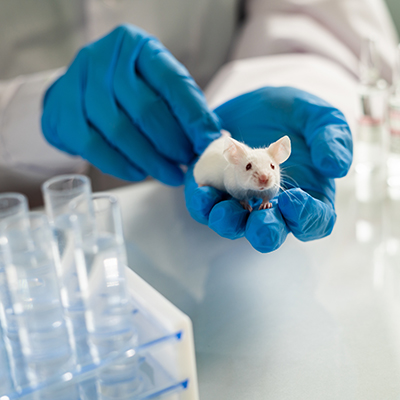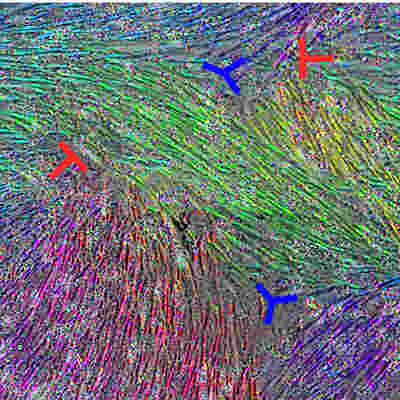September 22, 2022 -- A team of researchers has used a machine-learning algorithm to identify “backup genes” that only tumor cells use and could lead to new discoveries that support precision medicine efforts.
Recurrent loss-of-function deletions will inactivate tumor suppressor genes, but the deletion also involves "collateral damage" -- deleting essential genes in chromosomal proximity -- and doing so engenders dependence on paralogues that maintain similar functions. Paralogues are attractive anticancer targets, but what about uncovering collateral lethal genes?
Scientists from the University of Michigan and Indiana University sought to do just that in their study of mice with ovarian cancer (Nature Metabolism, September 21, 2022). Using metabolic fluxes and the machine-learning algorithm CLIM, they found the gene UQCR11 was often deleted along with a suppressor gene.
In those cases, cells would turn to MTHFD2, which has a noncanonical oxidative function that provides mitochondrial NAD+. The gene also regulates systemic metabolic activity by the paralogue metabolic pathway maintained by metabolic flux compensation.
The researchers confirmed the UQCR11-MTHFD2 collateral lethality in vivo with MTHFD2 inhibition that led to the complete remission of UQCR11-deleted ovarian tumors in six out of six mice. Using CLIM's machine learning and genome-scale metabolic flux analysis, they also illustrated the broad efficacy of targeting MTHFD2 despite distinct cancer genetic profiles co-occurring with UQCR11 deletion and irrespective of tumors' stromal compositions.
This sort of cellular behavior is common across most forms of cancer so the machine-learning algorithm could support treatment of multiple kinds of cancers, the researchers said.
Copyright © 2022 scienceboard.net










